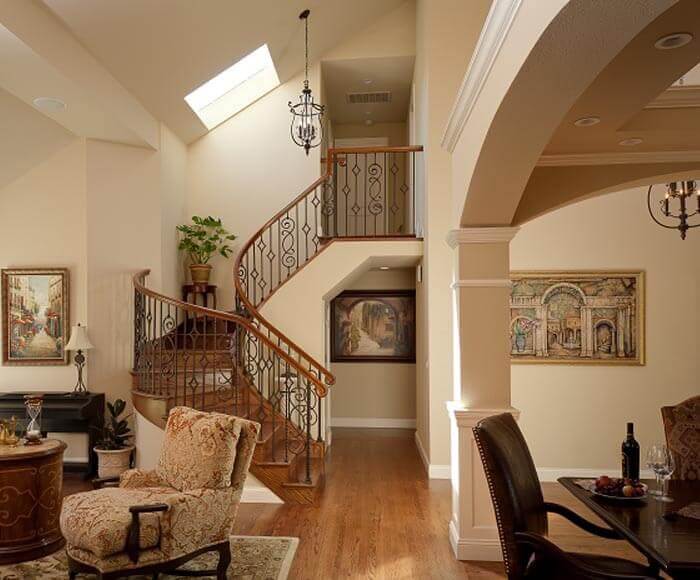
Are you facing the age-old dilemma, ‘do I buy new or remodel?’ The answer simply may be “It depends.”
If one or more of the following scenarios matches your current situation, then a remodel may be your best option.
- You love your neighborhood
- You want to stay in your school district and/or like the community/local amenities
- There are no available building lots in or around your neighborhood
- You are emotionally attached to your home, and have the money to make changes
- You would rather invest in your home, than in closing and moving costs
- Property values in your neighborhood are on the rise
- Your home value is not at the peak in your neighborhood
While updating the style, size and functionality are the most common reasons for remodeling your home, there are also many other benefits of remodeling:
Return on Investment
The general rule of thumb is that any remodeling project that brings your home up to the level of your neighbors’ is a worthy investment. But it doesn’t pay to be the most expensive house on the block either. Real estate experts recommend that a remodeling investment should not raise the value of your house to more than 10-15% above the median sales price in your neighborhood.
Just the Way You Like It
Few people are able to find everything they desire in a house. Their family room may be too small, closets too few, floors damaged, or the kitchen and bathrooms outdated. Buying a new house may seem like the best solution. But even new, your new home can lack some of the functional needs you desire. Instead, remodeling allows you to alter your home’s structure or add amenities that exactly fit your needs and budget.
Renovation vs. Construction: Which is Better for the Environment?
A report published by the Preservation Green Lab of the National Trust for Historic Preservation, provides the most comprehensive analysis to date of the potential environmental benefit of remodeling over construction. Remodeling has a greater potential to reduce our carbon impact compared to new construction. “A new home that is 30% more energy efficient than the average house could take 10 to 80 years to overcome the negative carbon impact that comes with new construction versus renovation.”
CO2 emissions from homes include two distinct sources: 1) CO2 given off during the building process and, 2) CO2 given off from the energy use of living in the home. Obviously, renovating an existing home saves substantial CO2 emissions in the short-run, as there is less CO2 given off during the building process. However, over a life span of 50-75 years, there is expected to be more energy savings in a home built for efficiency. Which is more important? Short-term CO2 emissions compared to long-term savings, assuming everything else stays the same? It’s up for debate. Let us know what you think.
If a home remodel is in your future, we encourage you to give Gayler Design Build a call. We can help you explore remodeling options that will give you the home you’ve always dreamed of.




